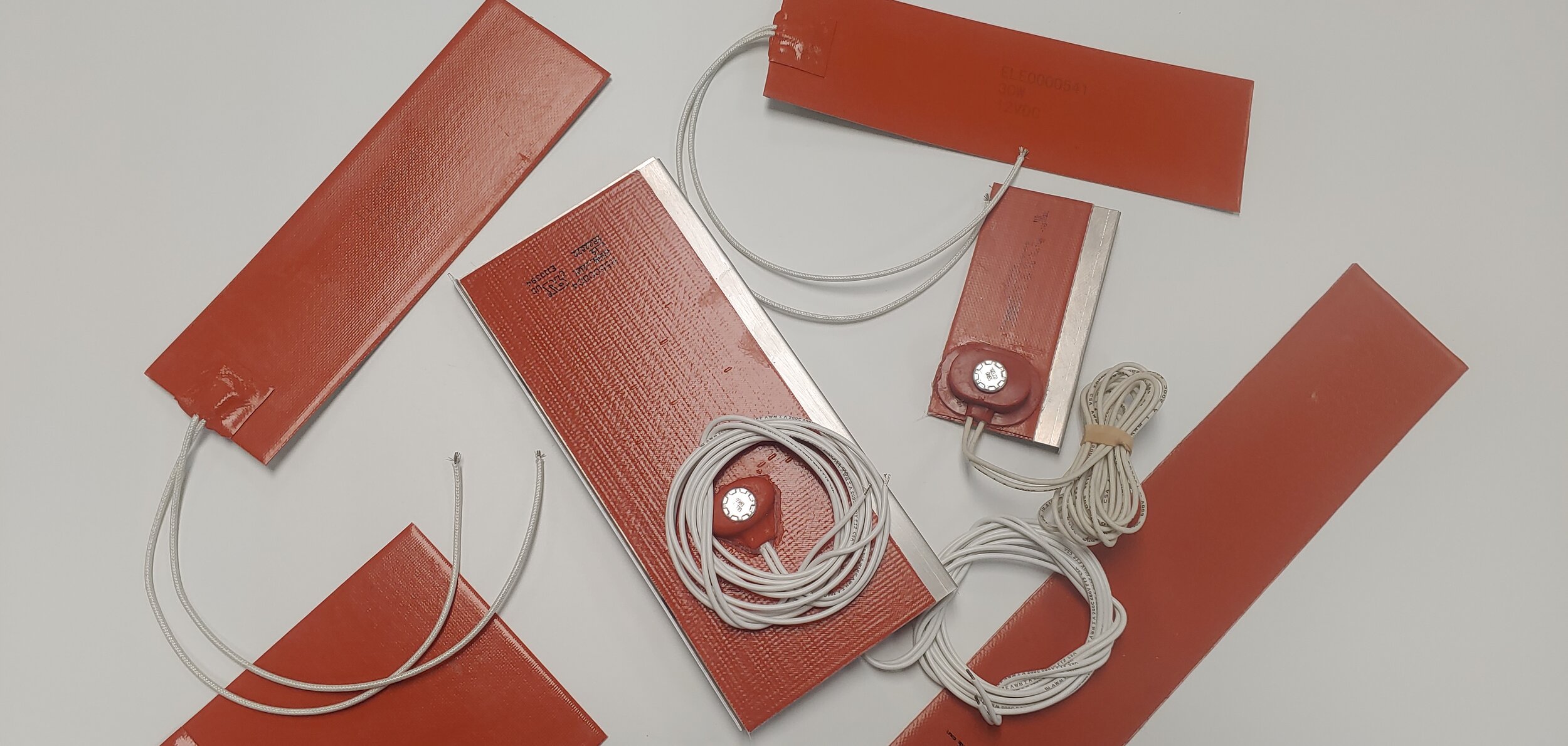Insulation plays a crucial role in process heating applications, providing numerous benefits such as energy conservation, cost savings, and improved efficiency. Whether you're operating a small-scale manufacturing facility or a large industrial plant, understanding when to use insulation in process heating can significantly impact your operations. In this article, we will explore the importance of insulation in process heating and discuss key scenarios where its implementation is essential.
Read MoreA heating system is an essential component of any industrial operation. It is used to maintain a consistent temperature in pipes, tanks, and other equipment to prevent freezing, maintain quality, and increase productivity. In this article, we will provide you with an in-depth understanding of heating systems and their applications.
Read MoreFlexible silicone heaters are a type of heating element that use silicone rubber as the insulating material and a resistive heating element as the heating element. These heaters are designed to be flexible and can be shaped to fit a variety of surfaces and applications.
Read MoreChoosing the right temperature sensor for your process can be a confusing process. Se we are sharing some thoughts on best practices in the blog post. Sensors are designed to withstand harsh conditions and provide accurate measurements in real-time, making them invaluable for a wide range of applications. In this post, we'll explore the different types of temperature sensors and their advantages and limitations.
Read More










